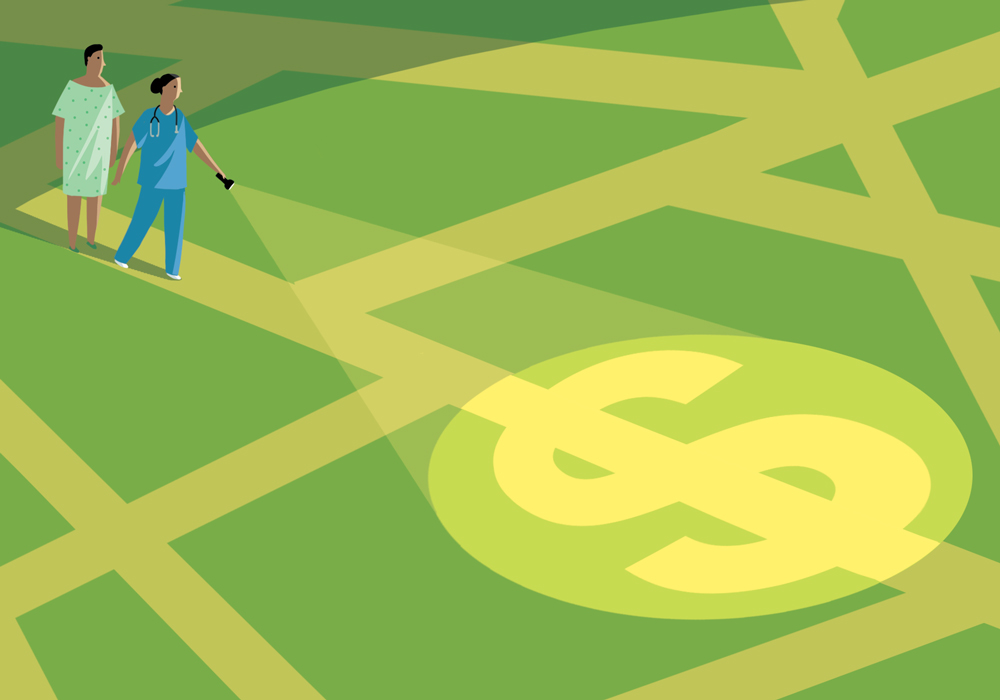Despite having healthcare coverage, a third of patients with cancer end up paying more out of pocket than they expected for their cancer treatments, a new study found. The results were published in JAMA Oncology.
Researchers interviewed 300 insured patients with cancer. Of those, 16% reported high or overwhelming financial distress. The most distressed were spending about a third of their total household income on health-related costs, not including insurance premiums. For more than 60% of the distressed group, private insurance was the primary source of their health care.
Those with little or average financial stress were spending about 10% of their household income on healthcare costs. More than 50% had private insurance, and 39% had government-subsidized insurance.
The researchers noted that overall, patients were spending an average of 11% on out-of-pocket costs for their cancer treatment, and the threshold for considering patients underinsured is 10% of their income.
Oncology nurses should recognize that copays and deductibles could lead to financial distress among insured patients of all income levels and with all stages of cancer.






